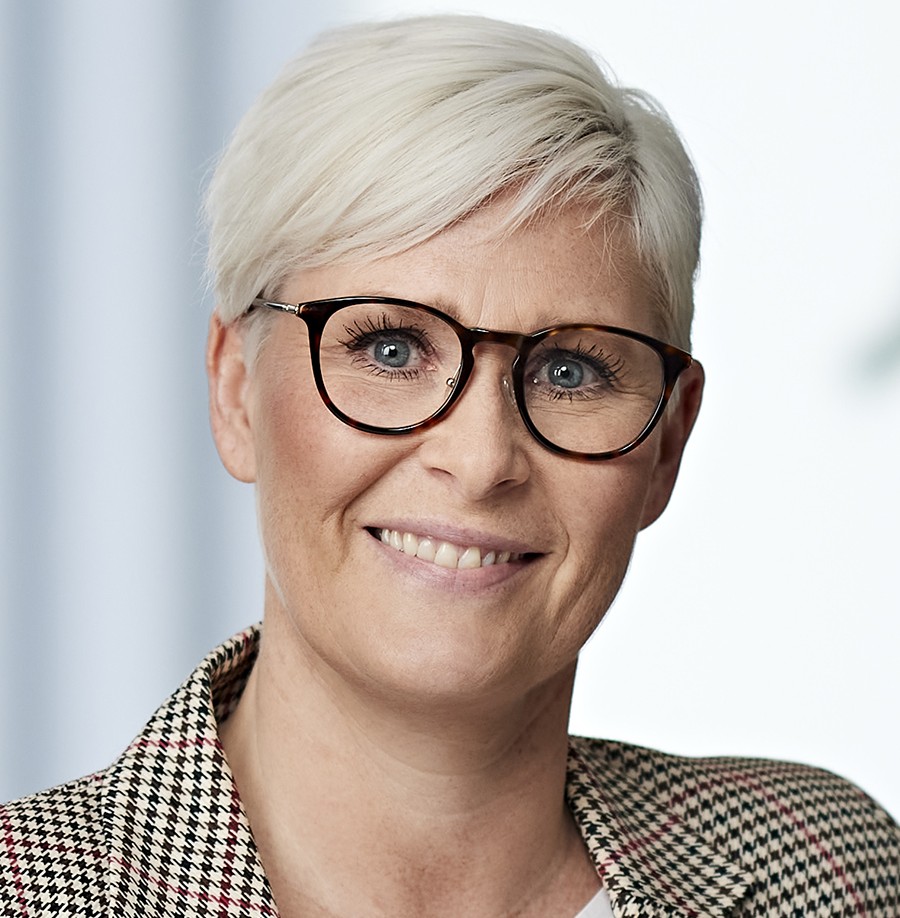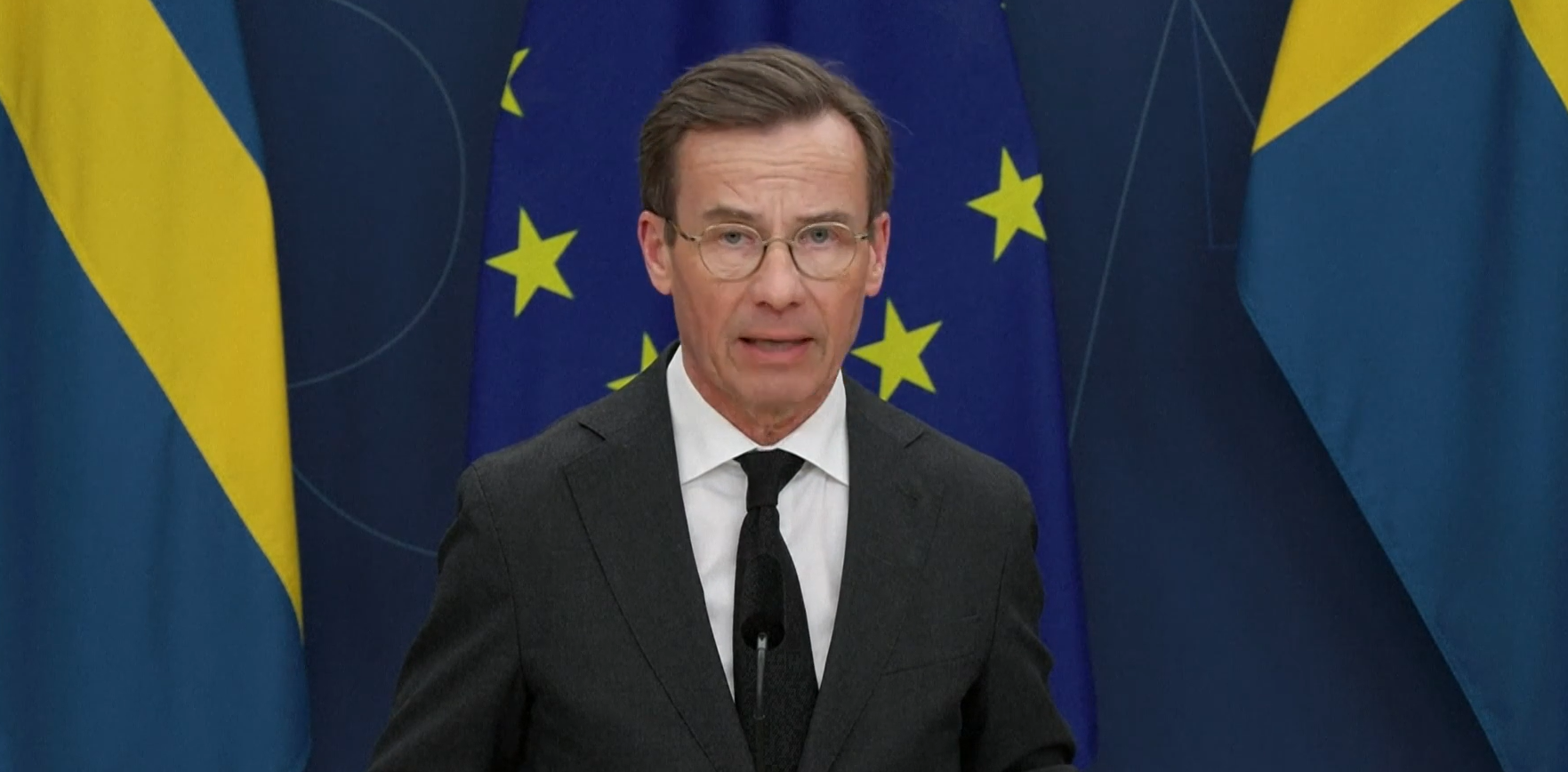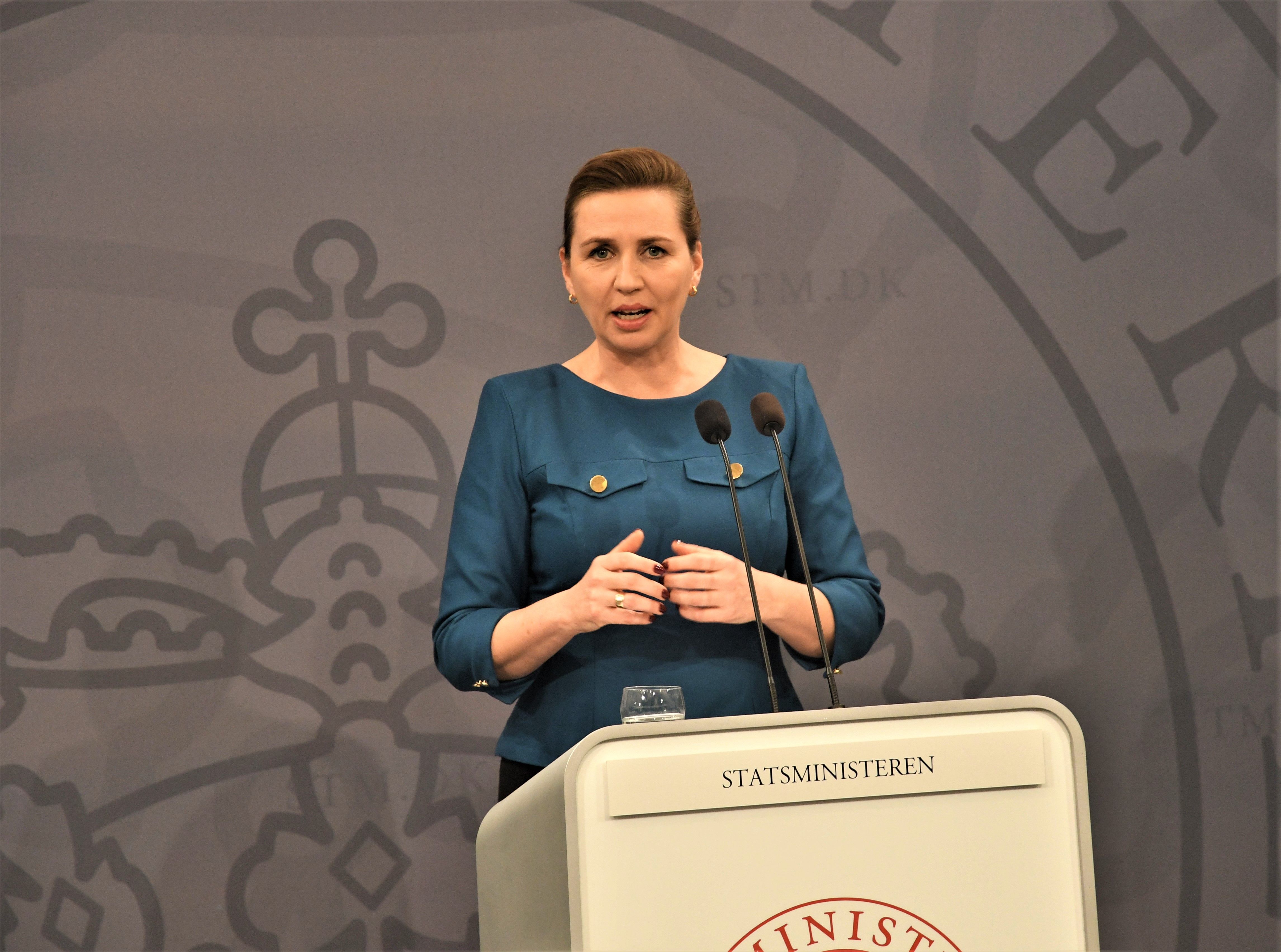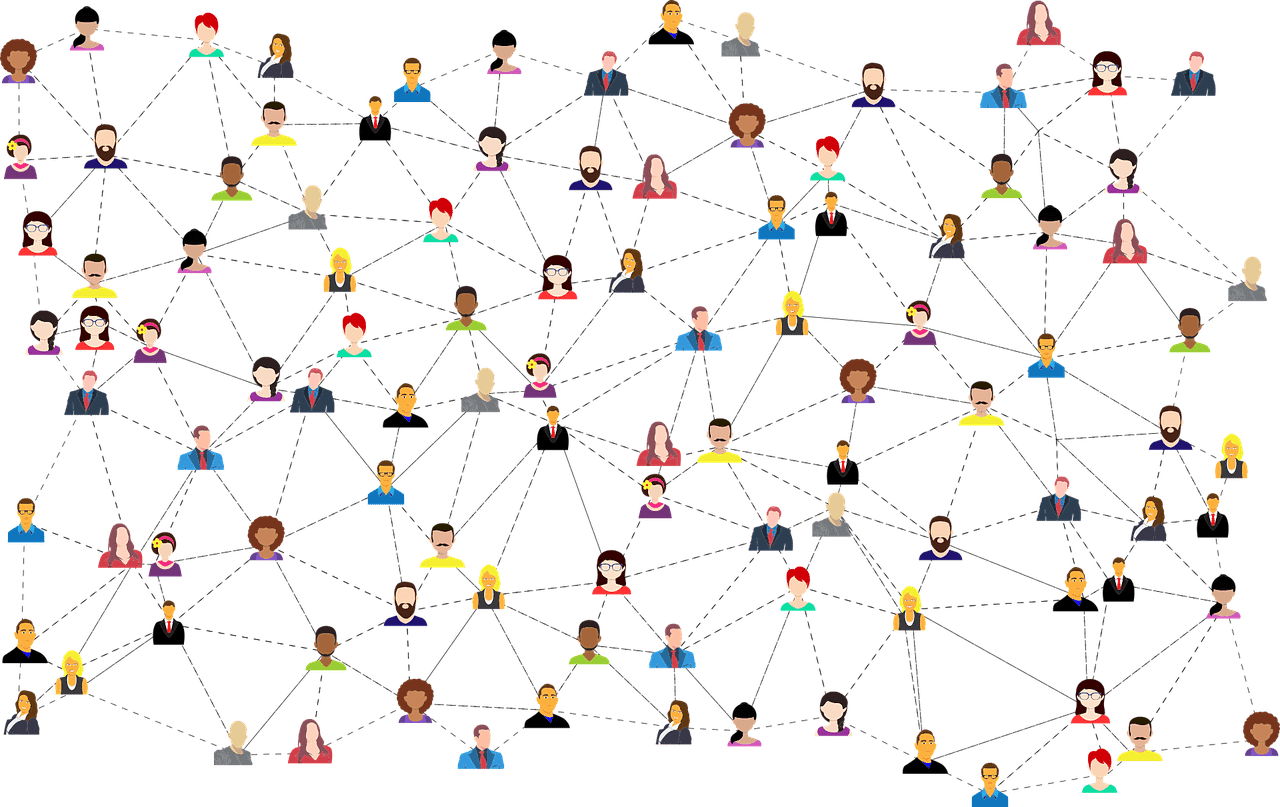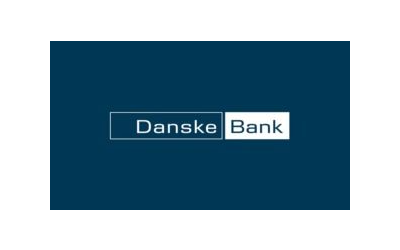 When the financial sky is falling, how much do Europeans want to hear about the weather?
When the financial sky is falling, how much do Europeans want to hear about the weather?
That’s the question the Danish presidency will face in the next six months, as the government’s environmental priorities for the six-month term go head-to-head with the Eurozone crisis.
“Energy and climate, under normal circumstances, would be an issue the Danish presidency would like to promote,” Jens Thomsen, former EU correspondent for financial daily Børsen and current owner of communications company Impact Brussels, said. “But that might be quite difficult now.”
The government has announced plans to make ‘green growth’ one of the term’s major themes, which is a natural fit given that Denmark has some of the EU’s most ambitious carbon dioxide reduction goals coupled with a determination to improve its reliance on renewable energy.
In a statement this December, after meeting with the European Parliament’s green party bloc, Villy Søvndal, the foreign minister, said having interests in improving the environment while also seeking to stimulate the economy were not mutually exclusive, adding that Denmark had plans to help Europe move out of the crisis in a “green and sustainable” manner.
“They want to have an agenda of growth and not just have an agenda of crisis and crisis management,” John Frølich, EU lecturer at the Danish School of Media and Journalism, said.
And while few deny the Eurozone will be getting most of the attention, the government may be well placed to focus on what it does best. Duncan Liefferink, political science and environment professor at Radboud University Nijmegen, has studied Denmark’s environmental policy in the EU and feels the country is ideally placed to push its agenda.
“Ideally, Denmark should be one of the motivators for EU policy,” he said.
The emphasis on renewable energy is a clear contrast to the Polish presidency, which opposed efforts to increase carbon dioxide reductions to 25 percent by 2020 just before their presidency began. The country relies on coal for 95 percent of its energy and their presidency logo appeared in the pamphlet for a coal lobby group a day after December’s UN climate conference in Durban, South Africa.
In contrast, Denmark will be pushing for a large energy efficiency directive. Connie Hedegaard, the EU climate commissioner and a former Danish climate minister, has been asking for a directive to increase energy efficiency by 20 percent to become binding. Its sister policies, to reduce carbon dioxide emissions by 20 percent and increase renewable energy by 20 percent, are already binding.
Energy industry lobby group Dansk Energi describes the initiative as the one it would most like to see become a reality, along with a strengthened energy emissions trading market. Increased infrastructure for a European renewable energy market is also a priority, according to Ulrich Bang, the organisation’s head of EU and international affairs.
But while Bang said the energy efficiency directive has a high chance of success, he felt that it would probably happen in the shadows.
“The euro crisis is on top of the agenda and everything pales in comparison,” he said.
Ultimately, he said, it pays to remember that the initiatives are not just for Europe, as they have Danish interests in mind. Denmark’s new energy plan, announced in late November, aims to end reliance on fossil fuels by 2050, replacing them with wind power and biomass. The shift would mean a green economy and more exports to Europe.
“There’s a lot of Danish jobs at stake,” Bang said.
DONG, the state-owned energy company, said it is looking for a similar vision in an EU program. While there are goals for renewable energy production and carbon dioxide reductions up to 2020, there is little beyond that. The company would like to see planning for renewable energy up to 2050 EU co-ordinator Trygve Ilkjær said.
With so many issues on the table, “the green economy will automatically be an inseparable part of the Danish presidency’s agenda,” Ilkjær said.
And just because the euro is in crisis, he added, it doesn’t mean the environment ceases to be an issue.
“The political leaders are aware that there’s more going on than the euro.”
Factfile | Denmark's green ambitions
A plan to end reliance on fossil fuels and make Denmark a hub for green technology and energy is the most ambitious program to tackle climate change in the EU, according to the climate ministry.
Released in late November this year, the plan is a broad blueprint for shifting to renewable technology and cutting out coal and other fossil fuels completely by 2050.
The climate minister, Martin Lidegaard (Radikale), said the initiatives will “address three crises at once” – the economic crisis, the resource crisis, and the climate crisis. But it’s an expensive pill to swallow, with major infrastructure needed to update electric car charging stations and introduce smart grids. The government believes the plan is worth the pain though – it will set a “good example” to the rest of the world on how to combat climate change.
Targets
– Half of all energy production from wind by 2020. Currently, more than 20% of the country’s energy comes from wind power
– 10% biofuels in transport by 2020
– A phasing out of coal by 2030
– Electricity and heating needs met by renewable energy by 2030 – and all energy needs met by renewables by 2050. In 2010, 27.4% of total energy consumption in Denmark was met by renewables
Cost
– 250 million kroner a year to 2014, then 500 million kroner until 2020, to promote renewable energy
– 1 billion kroner in grants for green energy research & development.
– Total financing is estimated to be 0.2 billion Kroner in 2012, rising to 5.6 billion Kroner in 2020
1,700 kroner per household in 2020
Cuts
– By 2020, if the targets are met, the government estimates Denmark’s greenhouse gas emissions will be 35% below 1990 levels


